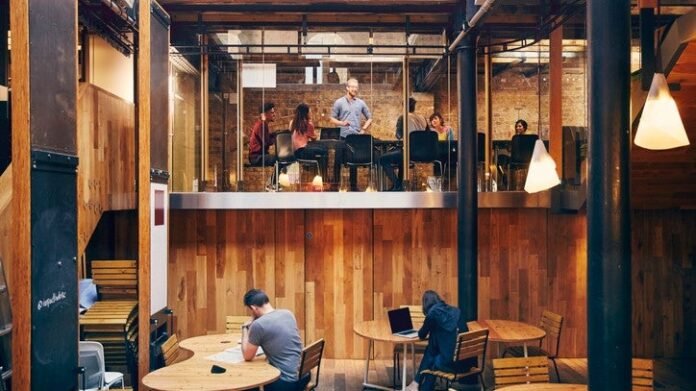
The global economy still cannot shake off the pandemic downturn, and that includes start-up ecosystems, according to the Global Startup Ecosystem Ranking 2025.
However, the authors draw a comparison between the current phase of AI integration into the global economy and the early days of internet adoption. They note that the key difference is that the current rate of AI growth is exponentially higher.
Early-stage funding deals and values have fallen dramatically since the early days of the pandemic. In the second half of 2021 (H2 2021), there were 13,215 deals valued at more than $60bn. By H2 2024, there was a fraction of this activity, with 5,391 deals valued at just over $20bn.
The report also measures a decrease in ecosystem value, which it calculates through the sum of valuations of funded start-ups plus the post-money valuation in the past two-and-a-half years. There has been a 31% ecosystem value aggregate decrease in 2025. Out of the top 20 ecosystems the report measures, only three had positive growth in this area in the past year: Beijing, Los Angeles and Tokyo.
The report emphasises the opportunities that can be created by AI native start-ups. It underlines the importance of diversifying development out of the US and China, which already receive most of the funding in the sector, so that opportunities can be created elsewhere.
JF Gauthier, founder and CEO of Startup Genome (which authors the report), highlights that, currently, most AI budgets are being spent on infrastructure, research, and adoption of “existing AI solutions developed in the US and China”. This means that entrepreneurial AI policy, the “engine of local job creation”, according to Gauthier, is being overlooked.
“Governments and agency leaders in charge of start-up ecosystems have, in this critical moment, the most important job of steering their societies to invest locally to produce long-term prosperity. Instead of investing 100% of the AI budget in the US and Chinese innovation – the value of which will be eroded by next year – allocate at least 25% of that investment to building your local AI-native start-up ecosystem,” Gauthier advises.
Startup locations
In creating the 2025 rankings, the report looked at six success factors: AI-native transition, funding, knowledge, market reach, performance, and talent and experience. It highlights South Korea’s start-up policies, with the Seoul Metropolitan Government having invested $1.4bn (1.9trn won) in policies and initiatives over the past four years and therefore climbing 12 ranks. Singapore has also risen eight ranks since the mid 1990s through the pursuit of start-up-friendly policies.
The factors weighed to rank emerging ecosystems are slightly different from those for the top locations. There is more focus on early-stage funding and less emphasis on the number of exits.
Wuxi, China, attained the top spot in the ranking following a 67% increase in exits, with values over $50m (359.03m yuan). Jakarta gained four ranks and Istanbul ten, after an increase in funding and market reach. Riyadh has had the most significant growth in the Middle East and North Africa region, jumping from the 51–60 range in 2024 to the 21–30 range in 2025. This growth was fuelled by an increase in exits of more than $50m (SR187.5m), such as Rasan’s $1.1bn exit.







